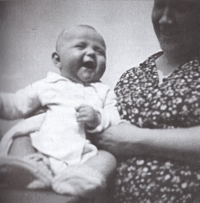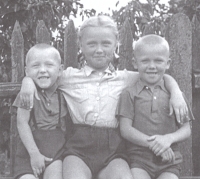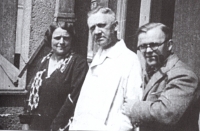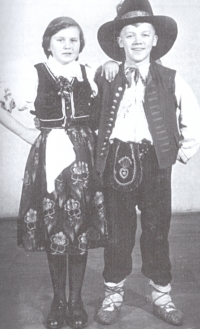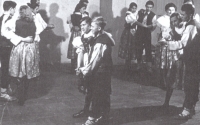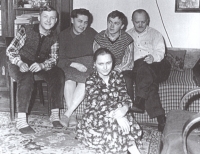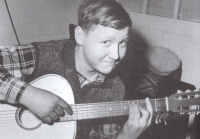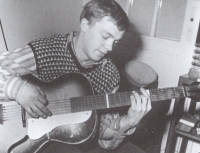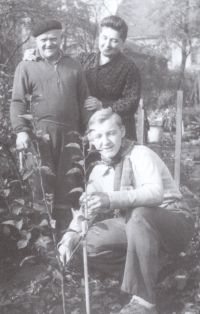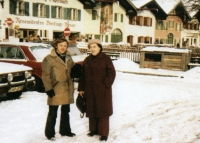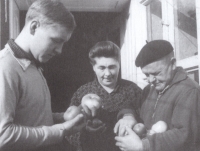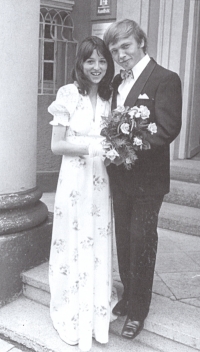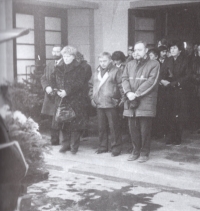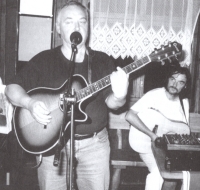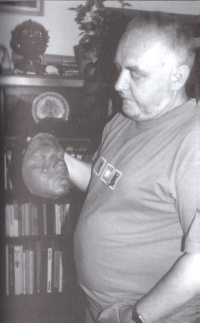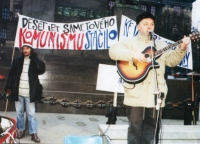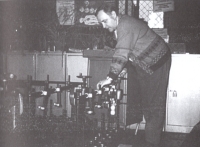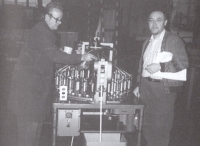Except for the first commandment, the others are the principles of a decent man

Download image
Jan Kryl was born on 12 March 1947 into the family of Karel Kryl and his wife Marie, née Šebestová. The Kryl family owned a printing house in Nový Jičín, which moved to Kroměříž before the Second World War. During the war, the Kryls faced persecution for printing illegal leaflets. After the war, his father printed prisoners’ testimonies against Alexej Čepička in connection with his actions during his imprisonment in the Auschwitz concentration camp. All three siblings - Marie, Karel and the youngest Jan - were born in Kroměříž. After the communist takeover, the communists led by Alexej Čepička destroyed the printing house and Karel Kryl the elder was deployed as an exploiter in production. In 1957 the whole family moved back to Nový Jičín. Thanks to the headmaster of the Nový Jičín primary school, Marie, Karel and Jan got into secondary school. The older siblings went to the ceramics school in Bechyně, and the witness to the metallurgical industry. In 1966 he joined the army, where he lived through the occupation by the Warsaw Pact troops. In the meantime, Karel Kryl sang the well-known protestsong Bratříčku, zavírej vrátka on Ostrava radio, which was partly dedicated to his younger sibling. After Karel Kryl emigrated and got a job at Radio Free Europe, the witness faced dismissal from his job at the military repair plant in Šenov near Nový Jičín. He eventually got a job at Strojtex, a company that focused on the production of textile machinery. After the Velvet Revolution he held the post of marketing manager in the same company. At the age of 50, he began to perform and make programmes for schools, recalling his brother’s legacy, but also the period of unfreedom. In 2024, he and his wife lived in Nový Jičín.
